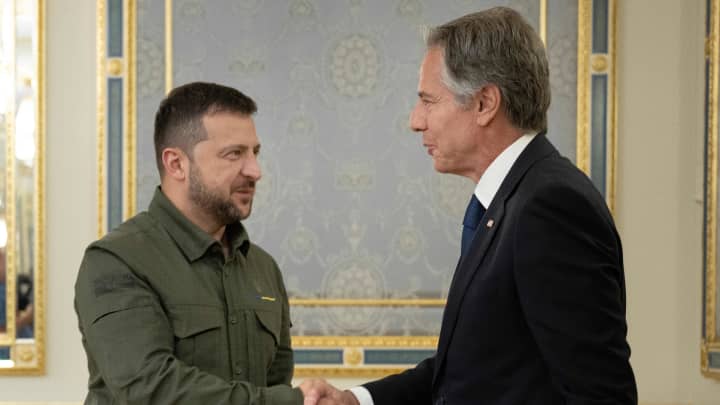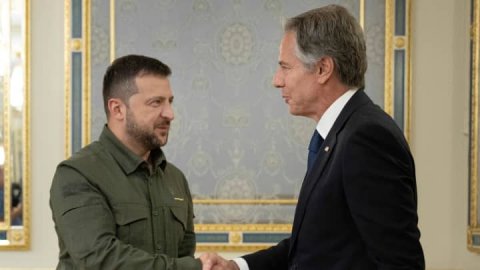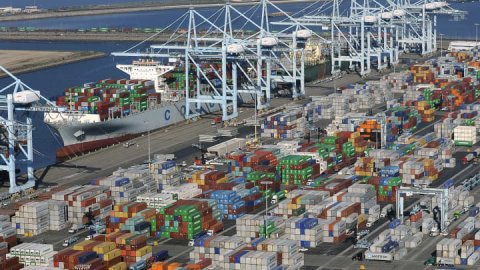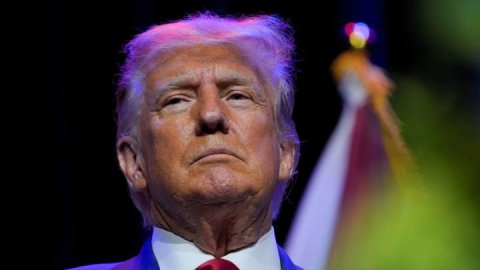
WASHINGTON — U.S. Secretary of State Antony Blinken announced a new aid package for Ukraine worth more than $1 billion during a surprise visit Wednesday to the war-weary country.
The upcoming package, which includes $175 million for weapons, brings U.S. security assistance to more than $43.2 billion since the start of of its ex-Soviet neighbor. The Pentagon said the latest security assistance package will include depleted uranium tank ammunition for use with the stalwart Abrams tanks.
The Biden administration has also authorized $2.9 billion in humanitarian assistance and $20.5 billion in World Bank efforts for Ukraine.
Blinken's two-day trip, which marks his fourth visit to the country since the war began last year, included meetings with key Ukrainian officials, including President Volodymyr Zelenskyy, Prime Minister Denys Shmyhal and his diplomatic counterpart Foreign Minister Dmytro Kuleba.
Blinken's trip comes amid a burst of battlefield gains recently by Ukrainian forces, who are carrying out a counteroffensive in the south and east of the country.
Last week, the White House said Ukrainian forces have made "notable progress" in southern Zaporizhzhia.
"Where they go from here, and how they exploit that success, I'll leave it to them to discuss," .
Kirby declined to provide additional details, citing operational security risks.
Read more of CNBC's politics coverage:
The trip also comes amid an escalating debate in Congress over how much, and for how long, America intends to support Kyiv. Some Republicans are voicing concern over the massive outpouring of U.S. aid to Ukraine.
Read more:
The Kremlin claimed Blinken's visit to Kyiv was proof that the U.S. was willing to fund the war "to the last Ukrainian."
"We have repeatedly heard statements that they [the U.S.] intend to continue ," Kremlin spokesman Dmitry Peskov said during a press briefing Wednesday.
Russia has frequently framed the war in Ukraine as a proxy war with the West, blaming the roots of the conflict, which began after Russia invaded its neighbor in February 2022, on Ukraine's Western allies.




